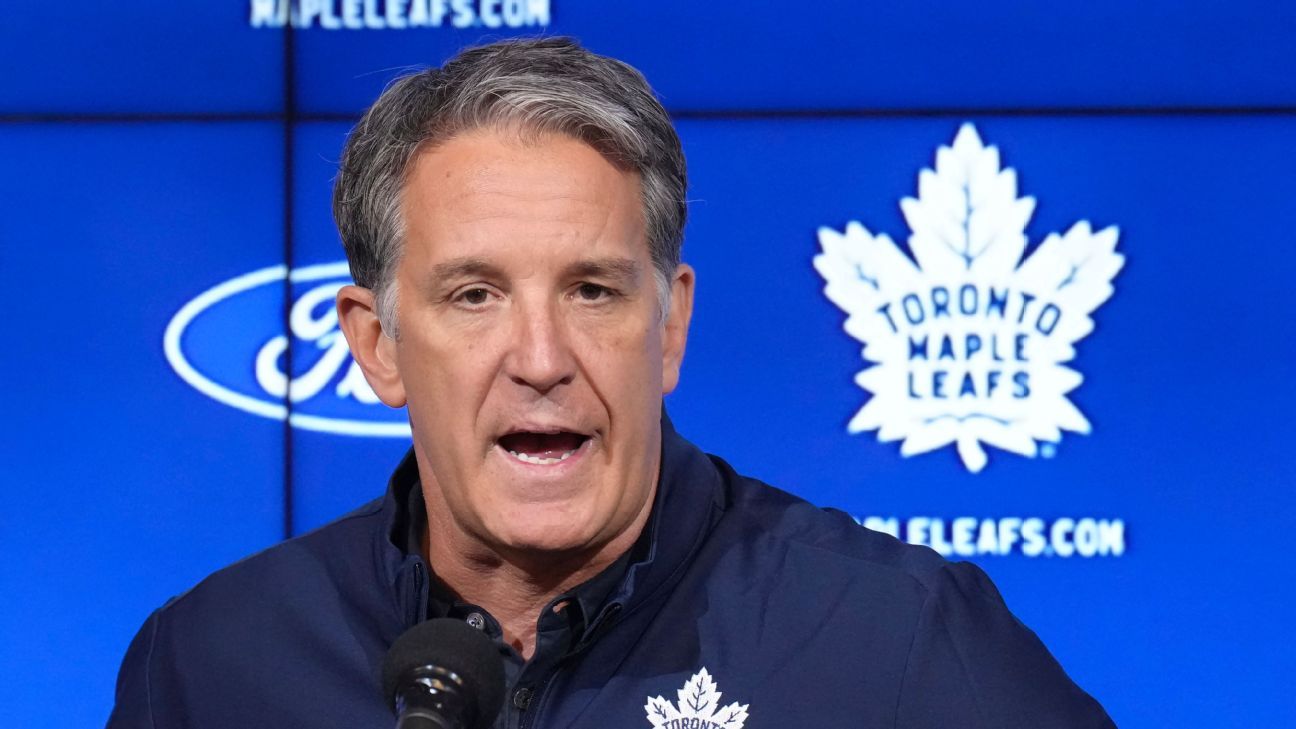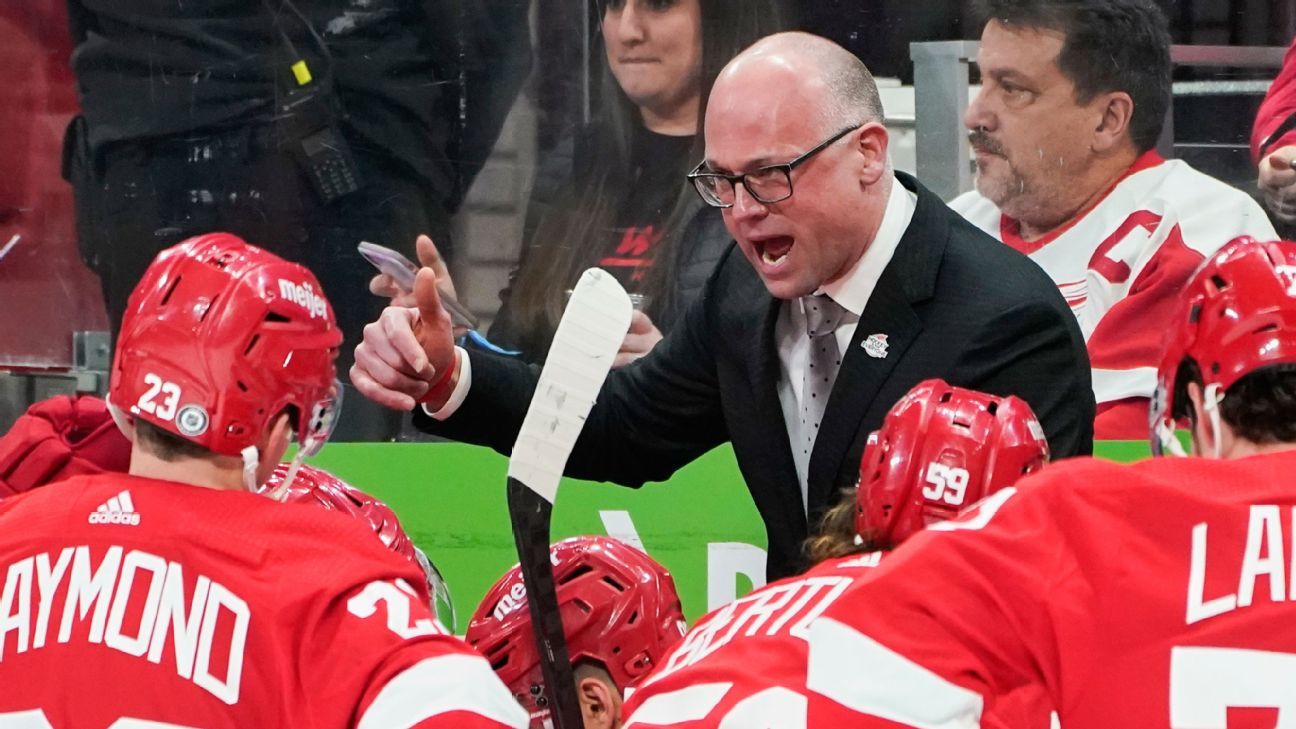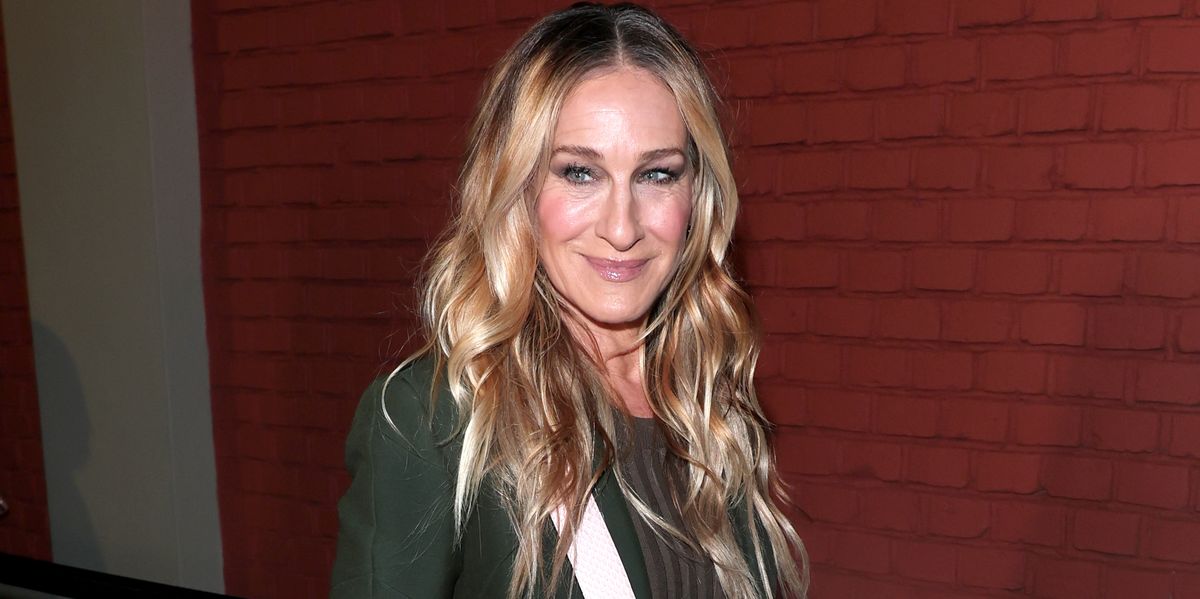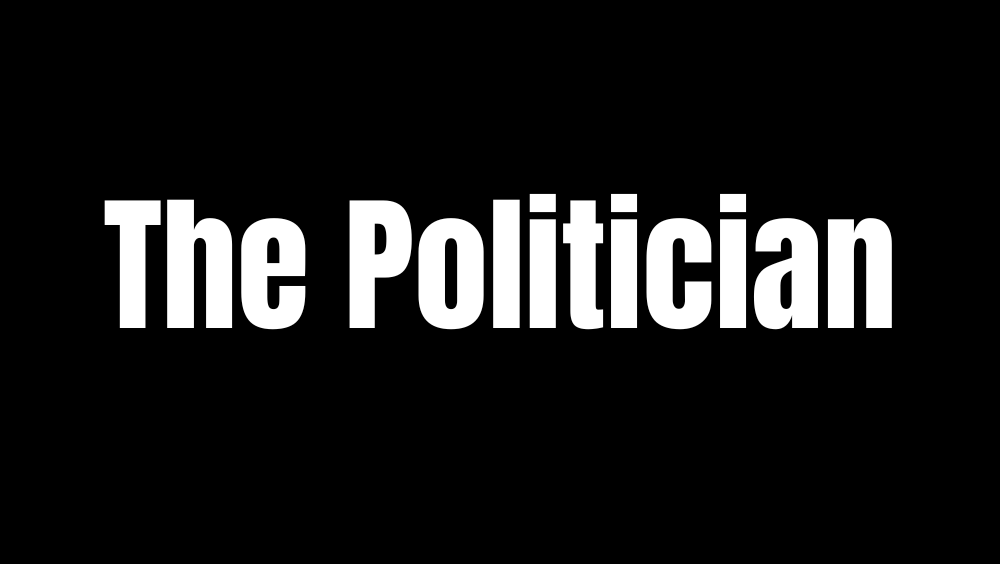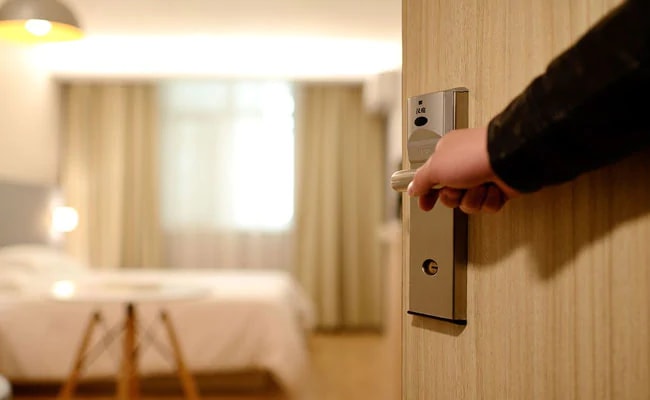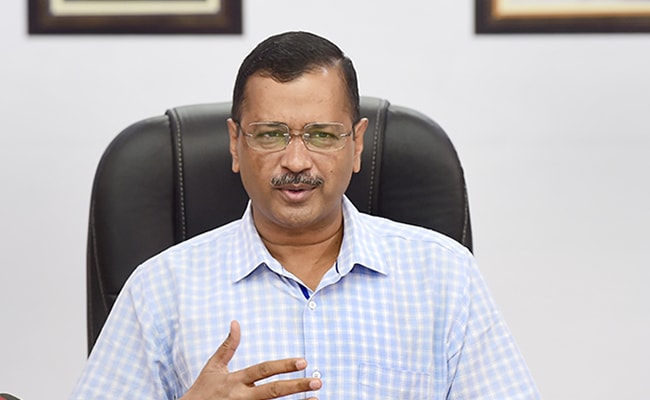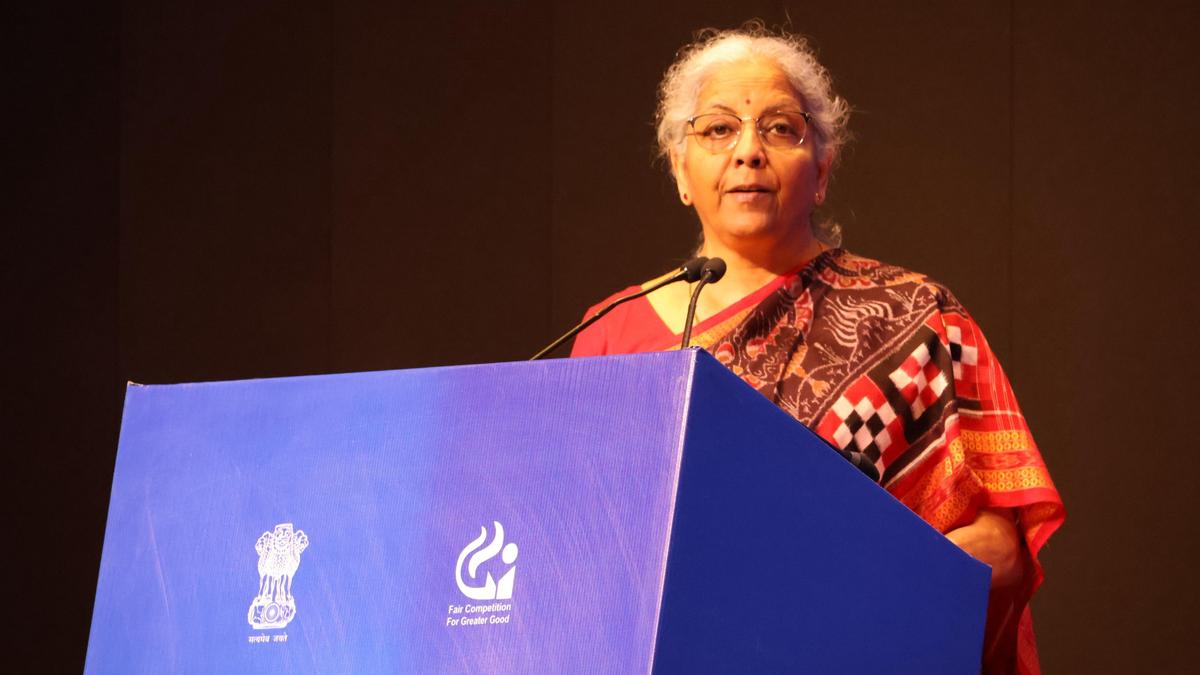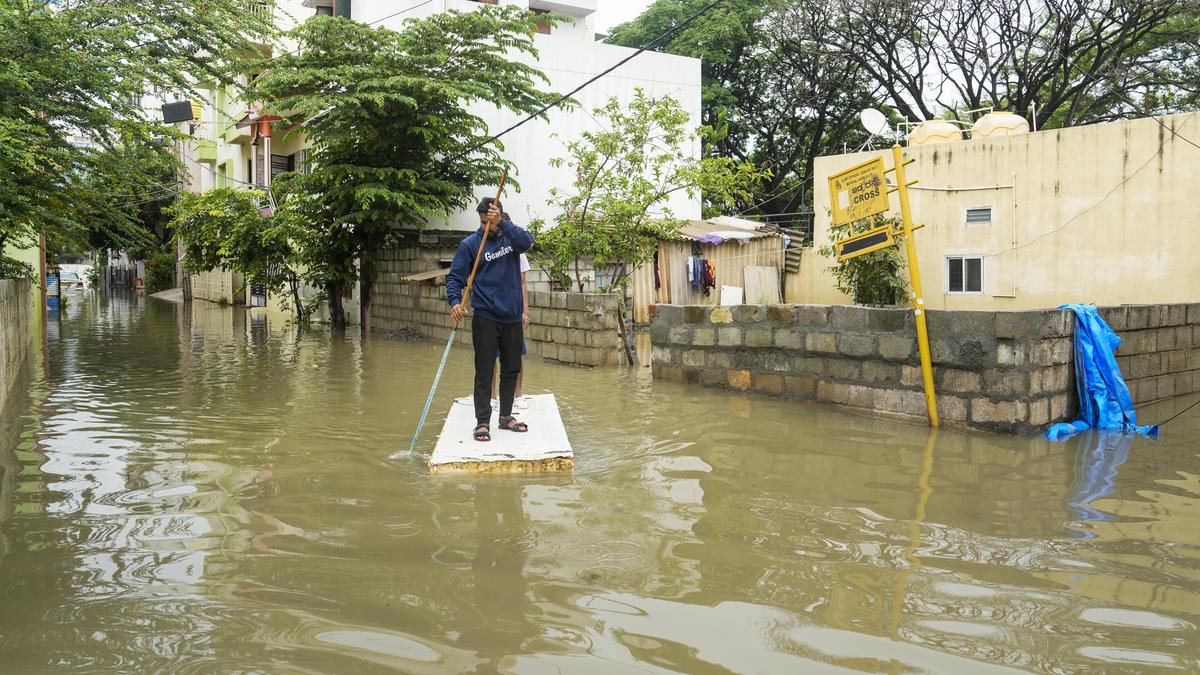Cutting Food Stamps Isn’t Just Cruel, It’s Also Bad Economic Policy


SNAP benefits the economy in many ways. Republicans clearly don’t care.
Well into the wee hours of Thursday morning, House Republicans were hard at work doing what they do best: making the lives of all but the wealthiest Americans harder. After hours of debate, the Republican-led House narrowly passed the “Big Beautiful Bill” championed by Donald Trump, which brings hundreds of billions of dollars in funding cuts to essential programs like Medicaid and the Supplemental Nutrition Assistance Program (SNAP), better known as food stamps.
These $300 billion in proposed cuts will have devastating consequences for low-income Americans, many of whom are already struggling because everything, from rent to groceries, has gotten exponentially more expensive in recent years. In addition to nearly $300 million in SNAP budget cuts, the legislation would also increase work requirements for those receiving benefits for longer than three months, and shift a portion of the financial responsibility for SNAP to state budgets. According to CNN, that shift could result in some states limiting enrollment in assistance programs, or pulling out of SNAP altogether. Currently, it’s estimated that around 11 million people, including 4 million children, would lose access to SNAP benefits.
But despite the touted federal government “savings,” these cuts to Medicaid and SNAP will have a devastating impact on the economy. There is pretty solid consensus among economists and other policy experts that programs like SNAP have obvious — and immediate — economic benefits. When the economy is bad, SNAP dollars are immediately infused back into the system, resulting in $1.50 in GDP growth for every $1 spent. SNAP spending also creates jobs, lowers healthcare costs, improves academic outcomes for children, and generally reduces poverty.
Conversely, every time there are cuts to SNAP, the economy suffers: Farmers and grocers lose money, supermarket workers get laid off, and state and local budgets get strapped as local officials try to meet the demand for food assistance. If the cuts that just passed the House become law, projections indicate they could be catastrophic: one estimate suggests 1 million jobs will be lost, and states will see $113 billion in GDP losses. According to Sen. Amy Klobuchar, chair of the Senate Committee on Agriculture, Nutrition, and Forestry, farmers will see billions in lost revenue, and workers in industries from trucking to supermarkets will lose their jobs. The president of Indiana’s Gleaners Food Bank described the impact of the proposed cuts as a “needless, self-inflicted humanitarian and economic disaster for Indiana and the country.”
The SNAP program is the definition of a policy-no-brainer, and yet it remains controversial among conservative politicians because the thought of someone — even a child or elderly person! — obtaining something that they did not pay for is just untenable to the worst people among us. (Corporate welfare is, apparently, totally cool though.) I don’t know how we fix that idea, that people in the richest country in the world are “entitled” or “greedy” for simply wanting enough food to eat, but you would think that this cruelty might be somewhat mitigated by the Republican party’s own economic self-interest — and the interest of their wealthy constituents, but alas. It is clear that for House Speaker Mike Johnson and Trump, a little short-term political boost that doubles as a sucker-punch to poor Americans is worth the long-term economic pinch that will inevitably come as a result of these cuts.
This legislation is, thankfully, not yet law. It’s headed back to the Senate, and it’s unclear which parts of the bill will survive, though Trump and the GOP seem determined to decimate SNAP and Medicaid. What is abundantly clear, though, is that it’s time to stop viewing the fight over food stamps as having anything to do with making the economy better. It is, explicitly, a fight over who deserves to eat, and Trump and his cronies have made brutally clear which side they’re on.






































